Guanxi and Mianzi
Confucius’s teaching
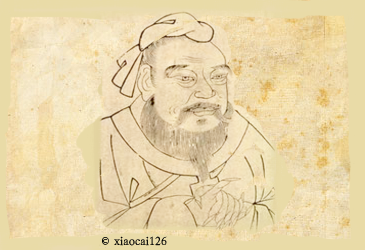
Chinese society is a collective society in which individuals feel the need to be closely affiliated to a group, e.g. family, school, college or university, work circle, or even the country as a whole. This is based on the ethics of Confucianism which stress the obligations of people towards one another depending upon their relationship. Confucius identified five main relationships in the ancient Chinese society:
君臣 Ruler and subject;
父子 Parents and children;
夫妇 Husband and wife;
兄弟 Brothers;
朋友 Friends.
According to Confucius, the harmonious relationships between these groups are based on 仁 kindness, 义 righteousness, 礼 gentleness, 智 intelligence, and 信 loyalty. In turn they become the backbone of a stable society.
The good teaching of Confucius, especially the morals and values, has been carried on by Chinese people, who will therefore endeavour to act with social conformity and consideration towards other members of the group in order to maintain harmony and avoid any cause of public embarrassment.
Guanxi - relationships
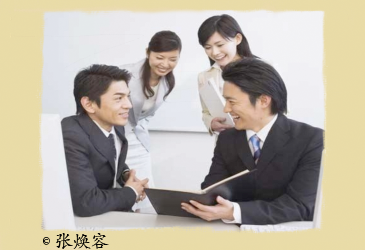
关系, which originally described the trust-based relationship between two people, has been extended to refer to the social connections network that an individual can rely upon for all sorts of life situations. These networks often develop into lifelong relationships, which key function is to allow an unbroken cycle of reciprocal favours. Failure to reciprocate is considered shameful. In their family or working environment, Chinese people ceaselessly cultivate this intricate web of ‘guānxi’ relationships.
Mianzi - face; reputation; self-respect; prestige, honour; social standing
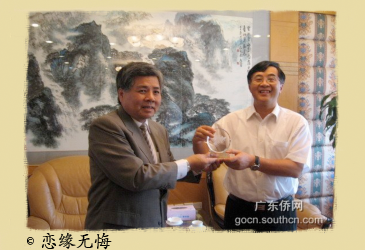
The closest translation of 有面子 is 'to keep one’s face', i.e. to enjoy a respectable social status. The opposite is 丢面子 'to lose face', i.e. to suffer an embarrassing situation in public, with the result of generally feeling less worthy. Chinese people can go to great lengths to 'save face' 留面子.
It is not just individuals that are placed in such situations but also companies, government offices, institutions, etc. It is then a question of saving their reputation.
Addressing your work colleagues
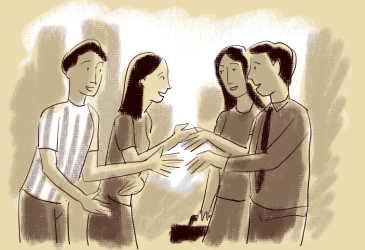
In state-owned and private enterprises, it is common to use people's titles to address them, e.g., 王行长 (Bank-Governor Wang), 李总 (Chief Li), 陈经理 (Manager Chen), 张组长 (Team leader Zhang).
To address your peer colleagues, you can also use 老李 (Senior Li), 王大姐 (Big sister Wang), 史老师 (Mentor Shi), 陈师傅 (Master Chen) for those who're older than you, and 小李 (Junior Li) or their full name for those younger. 老师 (teacher, mentor) is an especially common term used in banks, accounting companies and finance departments in enterprises; the addressee does not have to be a mentor, and experienced staff usually use this term to show respect for expertise.
In foreign enterprises, people tend to call each other by their English names, regardless of age or rank. You'll meet Cherry, Jasmine, Echo, Leaf, Bright, Macro, Spark, Phoenix… People choose their own English names (sometimes a simple translation of their Chinese first name); these are not their real names, but they are easier for foreign contacts to remember. They might even use their English names, instead of Chinese first names, on their business cards and on emails.
Addressing people on formal occasions
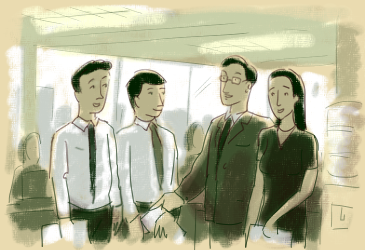
On formal occasions such as conferences or when meeting clients, you need to address people using 先生 (Mr), 女士 (Ms) and 小姐 (Miss) after their surnames.
先生 is age irrelevant, but 女士/小姐 can have different regional usage. In northern China, female professionals like to be called 女士 while in southern China, 小姐 is used far more frequently (even for married women in their 40s). This would be frowned upon in the northern provinces because of its 'street girl' connotation.
On the other hand, if you know that the person you are addressing is in a senior position (i.e. a general manager, a director, etc.) but do not know which position specifically, you can always address them as 总 (chief), also placed after the surname. Note that even if a person is in a deputy position, you still call them 总 instead of 副总! (副 means deputy, vice-).
When you know people better they will let you know what they prefer to be called. 叫我Andy吧!(You can just call me Andy!)